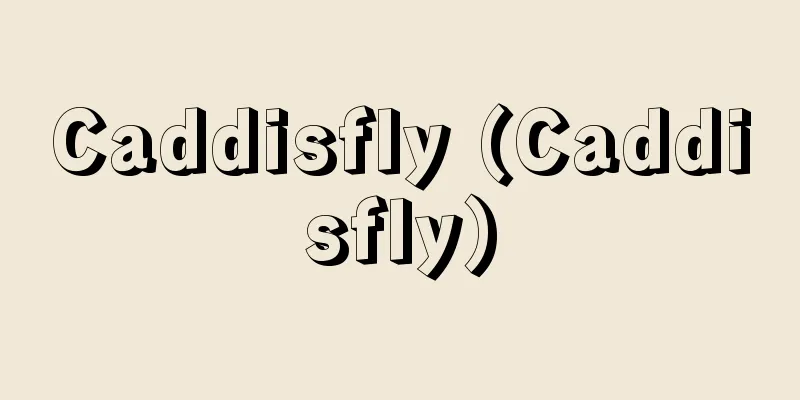Pennsylvania Dutch

|
The term refers to German immigrants and their descendants who immigrated to Pennsylvania in the United States in the 17th and 18th centuries in search of religious freedom, or to their language. Dutch does not mean Holland, but rather German dialects in the old sense. Religiously, many of them belonged to the Moravians or Mennonites (especially the Amish), and they attracted attention for maintaining their religion, language, customs, and education after they emigrated. They were also known for owning fine barns and well-maintained farms. Parts of their unique lifestyle remain to this day. Source: Heibonsha World Encyclopedia, 2nd Edition Information |
|
17~18世紀,信仰の自由を求めてアメリカのペンシルベニアに移住したドイツ系移民とその子孫,あるいは彼らの言語。ダッチとはオランダの意味ではなく,古義でドイツ諸方言を意味する。宗教的にはモラビア派,メノー派(とくにアーミッシュ派)などに属する者が多く,移住後も彼らの宗教,言語,風俗,教育を維持したために注目をひいた。また,りっぱな納屋とよく手入れされた農場を所有することでも知られた。現在でもその特異な生活様式が部分的に残存する。
出典 株式会社平凡社世界大百科事典 第2版について 情報 |
<<: Transformation - Henshin (English spelling) Die Verwandlung
>>: University of Pennsylvania
Recommend
Shaping - Katakezuri
...In contrast, press working, forging, welding, ...
Chauliodontidae
…Adult fish swim in the mid-depths of the deep se...
Waterproof finish
This refers to a process that covers or hydrophob...
Detailed notes - Saisaiyouki
Also called the Seven Volumes and Seven Articles. ...
Zubatovism - Zubatovshchina
A policy implemented in early 20th century Russia ...
Vascular surgery
A branch of surgery that deals with the surgical t...
Caroline - Caroline apple
...The inhabitants are undoubtedly immigrants fro...
Ah Hei
…Western music education was being carried out in...
Gall midge (gall midge)
A general term for insects of the Diptera family C...
cathodic reaction
…This current is called electrolytic current or f...
Avenue
〘 noun 〙 (avenue) A tree-lined street in a town or...
Winchester School
…In America, it refers to a public school, while ...
Lord Byron
A representative poet of the English Romantic per...
Nuclear spin resonance
...Abbreviation: NMR (or nmr). Also called nuclea...
Charles Edouard Guillaume
Swiss-born metallurgist and physicist. In 1883 he...









